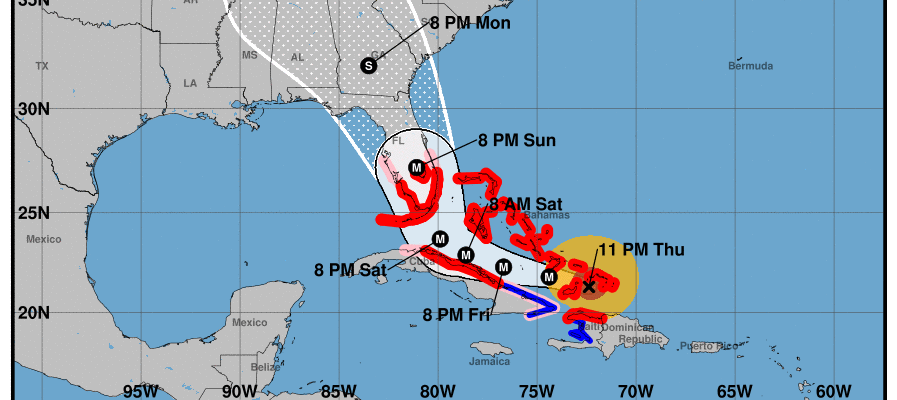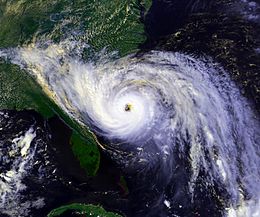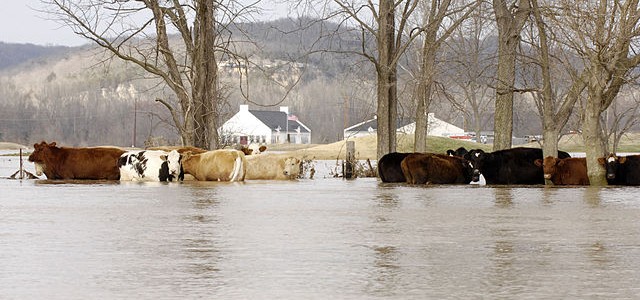Climate and Ag in the news
-

The latest forecast for Irma is out, and the projected path of the storm puts the entire state of Georgia within the cone of the forecast track. This does not mean that the entire state will be hit by hurricane-force winds, but that we do not know at this time which part of the state…
-

AgWeb had a timely article today describing the potential loss of agricultural revenue from crops due to the approaching storm Irma. In the article they estimate that losses in Florida alone could be in the hundreds of millions of dollars. However, in the story they do indicate that an October or November hurricane could be…
-

Athens Patch posted a list of five recent storms which impacted the state of Georgia as they passed through the Southeast this morning. Keep in mind that the strongest storms that directly impacted Georgia all occurred in the late 1800’s, causing enormous devastation, so don’t use this list as a guideline for how bad Irma…
-

Here’s a detailed update on the current status of Hurricane Irma and how it might impact Georgia from Matt Daniel of WMAZ in Macon. Matt is a graduate of the University of Georgia’s atmospheric sciences program. It’s about six minutes long and provides a good overview of current conditions as well as what might happen…
-

While Irma’s extreme winds have been impressive and have caused catastrophic damage on the islands it has passed over, their effect on the ocean may be even more catastrophic once it gets close to Florida and the East Coast. The combination of low pressures and high wind speeds causes a dome of ocean water to…
-

My social media is flooded with a variety of information on Hurricane Irma, its current position and strength, images from the islands it has hit, and speculation about where it is going next. Here is one detailed description from one of the more reliable sources other than the National Hurricane Center at https://www.wunderground.com/cat6/category-5-irma-hits-leeward-islands-peak-strength?__prclt=rUvfTRix. If you are…
-

Growing Georgia had some interesting stories from cowboys who rescued cattle after Hurricane Harvey stranded many herds in high water. You may have seen some of those videos on Facebook or Twitter. You can read more about what they did here.